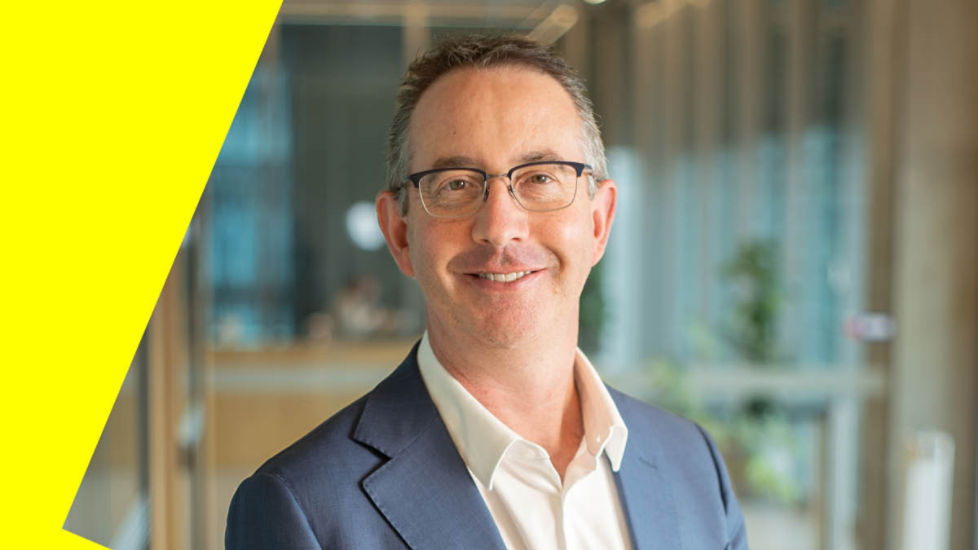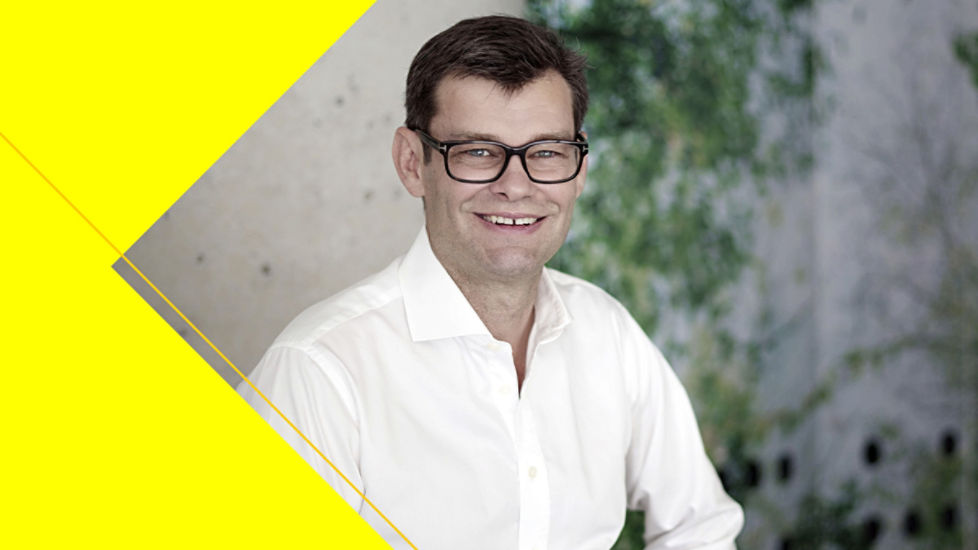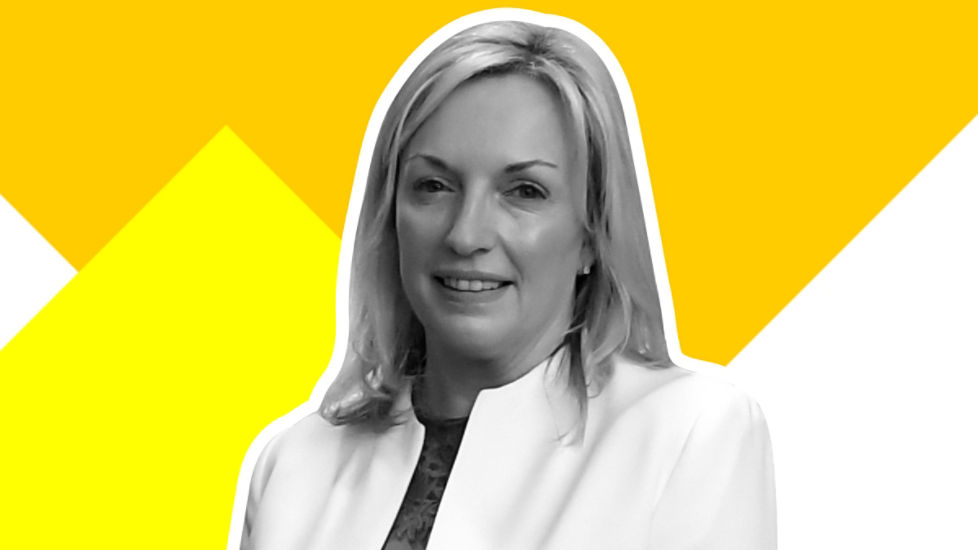How do you balance addressing individual needs simultaneously with systemic barriers?
It’s an ecological model, placing us within a dynamic, complex environment right from infancy. When we work with women in our community, you quickly realise you can’t just focus on her; you must consider her family, community, and the broader systems affecting her life. The real challenge is aligning efforts. There are tens of thousands of not-for-profits with ambitious missions, but how do we coordinate our support to make a lasting impact?
At an individual level, there’s insufficient funding to address long-term issues, like income, financial wellbeing, and psychosocial needs. No single organisation can manage this alone. A key lesson from my time as a corrections officer was that sustained change, particularly around intergenerational disadvantage, needs strong interventions combined with multidisciplinary support, implemented and sustained for a sufficient time period.
Funding often resembles an unstitched patchwork quilt, with organisations operating in tandem but being funded through separate lanes. Multiple sectors share the same client without realising it, missing opportunities to intervene earlier or prevent crises from becoming intergenerational. It’s about aligning efforts beyond individual sectors.
At Good Shepherd, we collaborate for shared impact, leveraging the strengths multiple sectors and organisations have, rather than always delivering services directly ourselves.
“At Good Shepherd, we collaborate for shared impact, leveraging the strengths multiple sectors and organisations have, rather than always delivering services directly ourselves.”
– Stella Avramopoulos, CEO of Good Shepherd ANZ
What’s a collaboration you’re especially proud of?
In our family violence services, which is part of why we partner with CommBank, we noticed that many groups focus on crisis response, but fewer address recovery. A major issue is refuge shortages, meaning women and children are forced into hotel rooms, which is especially tough on children.
We wanted to disrupt that cycle. Through our partnership with the Mercy Sisters and Housing all Australians, an unused convent with 10 bedrooms and a lift became available, rent-free. Housing All Australians arranged pro bono renovations using their building sector connections, enabling us to move women out of unsuitable hotels into a safe crisis refuge and the Victorian Government was able to find staffing for the next two years.
We now offer a genuine wraparound service there, including corporate-funded financial independence programmes with CommBank, government initiatives, and our no-interest loans program. Staff and visiting professionals operate onsite, creating a one-stop shop.
Why is disruption important to you as a leader?
Over my 30-year career, I have seen three generations of one family fall through the cracks. We kept placing ambulances at the bottom of the hill instead of breaking the cycle.
I openly discussed this frustration in my interview for Good Shepherd and one of the Sisters responded, “Audacity is one of our oldest values. Give us two audacious ideas, and we’ll let you use our balance sheet.” In the not-for-profit sector, CEOs rarely get to leverage balance sheets this way. I proposed a transformational strategy and investment into affordable housing. Since then, we’ve created an Audacity Centre for innovation and a Good Shepherd Institute.
“Over my 30-year career, I have seen three generations of one family fall through the cracks. We kept placing ambulances at the bottom of the hill instead of breaking the cycle.”
– Stella Avramopoulos, CEO of Good Shepherd ANZ
What is your most valued career lesson?
I’m big on the idea of a leadership odyssey, not just a career ladder. An early mentor taught me to take opportunities outside of my comfort zone, because nothing grows inside it.
My criminology degree led me, at 23, to a job as a corrections officer visiting Barwon Prison, a maximum-security male prison. Quickly, I realised formal qualifications weren’t enough. Those seven years were foundational; inmates kept telling me that early intervention would have prevented their situations.
I moved into youth services, despite having no formal training there. I kept saying yes, even to roles I initially didn’t want, because I was committed to the mission, open to learning and pushing myself to lean into challenging roles.
My biggest lesson came as CEO of Kildonan UnitingCare when responding to the 2009 bushfires near the Epping office, just after starting in the role. It meant committing resources without guaranteed funding and a significant expansion. It taught me that genuine recovery requires walking alongside people from prevention to recovery, taking a holistic approach to large-scale events – such as bushfires – and working closely with the board and government to implement a disciplined, focused and acceptable response.
“An early mentor taught me to take opportunities outside of my comfort zone, because nothing grows inside it.”
– Stella Avramopoulos, CEO of Good Shepherd ANZ






